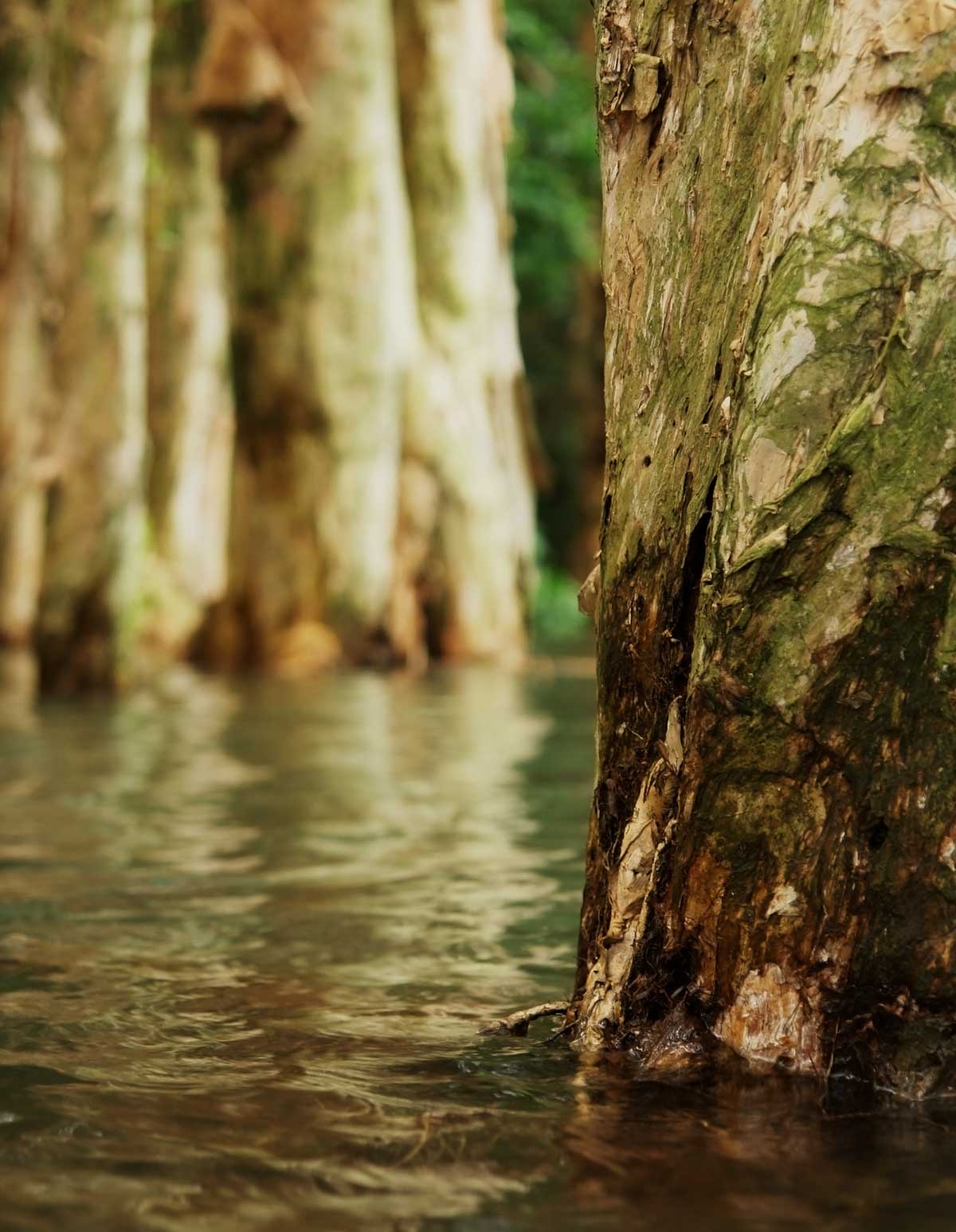ACR has published version 1.0 of the Methodology for the Quantification, Monitoring, Reporting, and Verification of Greenhouse Gas Emission Reductions and Removals from Restoration of Pocosin Wetlands.
Read more
The methodology was developed by The Nature Conservancy and TerraCarbon LLC.
Pocosins are unique freshwater wetlands, often shrub-dominated, on organic soils in the Atlantic coastal plain of the southeastern United States (Virginia to northern Florida) that are seasonally saturated primarily through precipitation. Under typical hydrologic conditions, decomposition of the organic soils is inhibited, allowing for accumulation of organic carbon. However, after drainage occurs (often for conversion to agriculture or forestry) the ability for these wetlands to be a carbon sink is greatly diminished. Pocosin restoration is achieved through water management, bringing hydrology back to more natural conditions. Under re-wetted conditions, greenhouse gas emissions via peat decomposition is slowed and eventually additional carbon is sequestered.
The ACR Methodology for Restoration of Pocosin Wetlands establishes standardized procedures to monitor and account the greenhouse gas benefits associated with restoring drained pocosin habitat.
ACR is an internationally recognized carbon crediting program that operates in global compliance and voluntary carbon markets. A nonprofit enterprise of Winrock International, ACR was founded in 1996 as the first private greenhouse gas (GHG) registry in the world with the mission of harnessing the power of markets to improve the environment.



